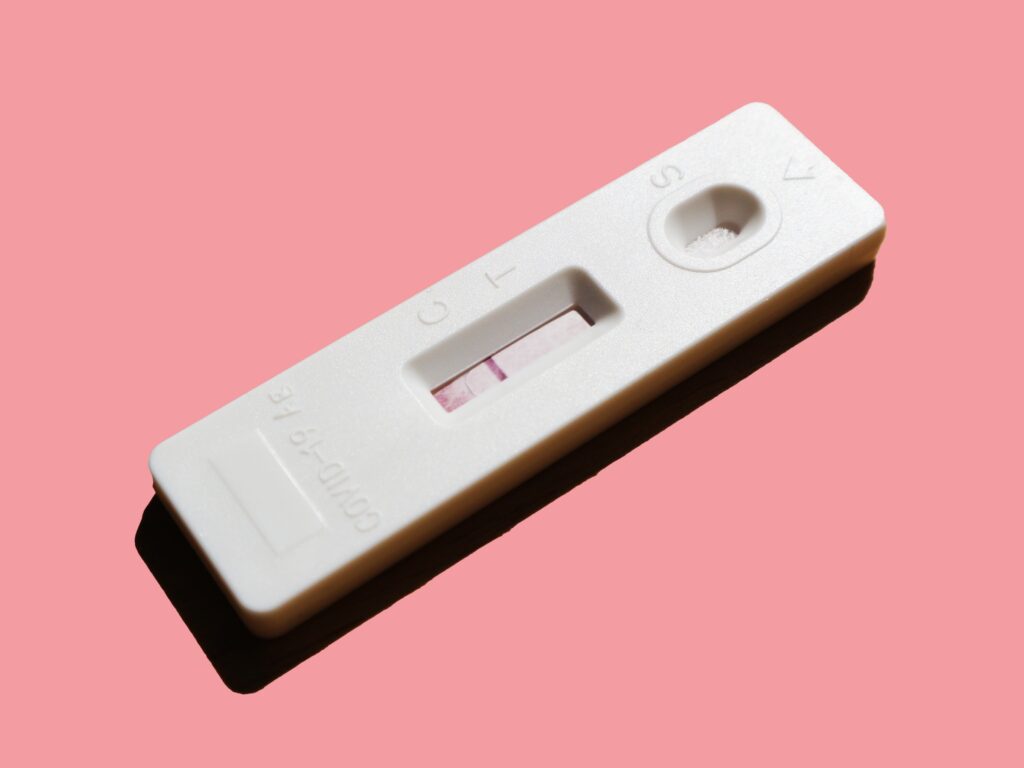Detecting Ovulation Now: 3 Intriguing Signs To Keep An Eye On
Ovulation, a pivotal occurrence within the menstrual cycle, signifies the discharge of an egg from the ovary, playing a crucial role in fertility. While every woman’s body is distinctive, there exist a number of intriguing indications that can suggest the current onset of ovulation.

Cervical Changes
During ovulation, the cervix undergoes noticeable changes. It becomes softer, higher, and more open compared to other times in the menstrual cycle. Some women may describe it as feeling like the tip of their nose. Monitoring these changes through self-examination can provide insights into fertility and help pinpoint the ovulation window.
Cervical Mucus
The texture and appearance of cervical mucus also undergo shifts across the menstrual cycle. In the course of ovulation, the cervical mucus turns clear, slick, and takes on a resemblance to the consistency of egg whites. This fertile cervical mucus facilitates the journey of sperm through the cervix and into the uterus, increasing the chances of fertilization. Observing these changes in mucus can offer a reliable clue about ovulation timing.
Mittelschmerz
Certain women undergo a slight to moderate twinge or sensation of discomfort on one side of their lower abdomen when ovulating. This sensation, known as mittelschmerz, is thought to result from the release of the egg from the ovary. It can be a helpful indicator for those trying to conceive, as it signifies the peak of fertility.

Tracking these signs, along with utilizing ovulation prediction kits and monitoring basal body temperature, can assist women in identifying their most fertile days. It’s important to note that while these signs can offer insights into ovulation, they may not be foolproof for everyone, and individual variations exist.
